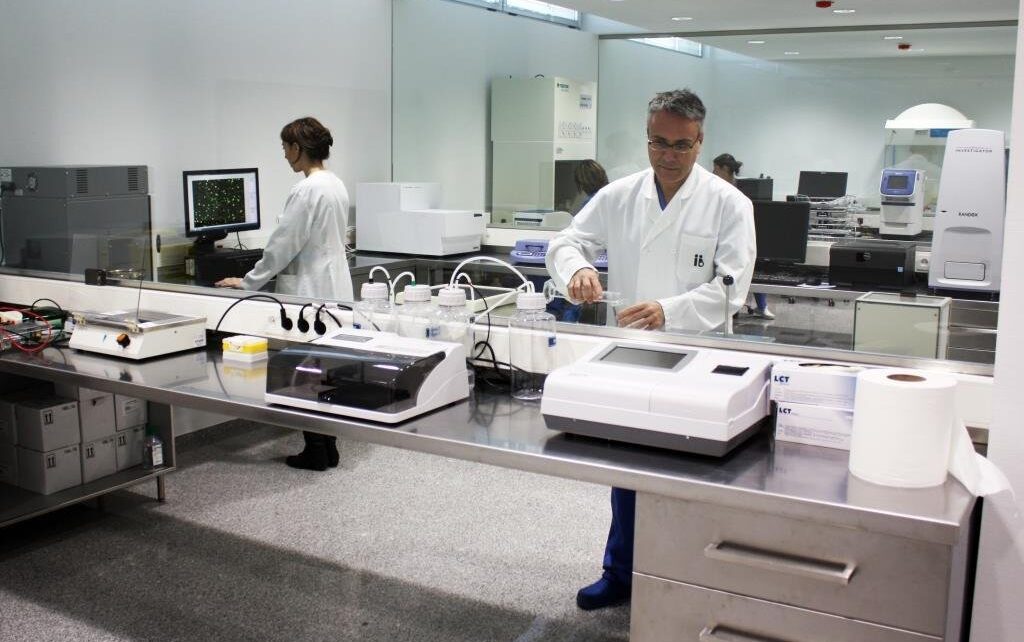
Reproduction and genetics guidance
Genetics guidance is the exchange through which an expert in genetics provides patients and their families with information and support on a genetic condition, inheriting that condition, the risk of recurrence and the implications for the individual and his or her family.
The aim of genetics guidance is to support the decision-making process whilst taking the patient’s values and beliefs into account, and to proceed based on the decision taken.
In the specific case of reproduction guidance, it is a question of guiding couples who are in a reproductive stage of their lives and who wish to have children and/or who are currently expecting a child. Therefore, we generally have two types of patients who need reproduction guidance. Whilst there are fundamental differences between the two, the aims of the guidance process remain the same and include:
- Advising the patient about the risk and/or passing on conditions to children.
- Preventing and/or treating conditions.
- Evaluating the implications in terms of prognosis for the foetus, siblings and other members of the family and in particular those who are of reproductive age.
Reproduction guidance has become a part of current-day practice thanks to improvements in techniques, mainly in prenatal ultrasound diagnosis and progress in genetics, meaning that it necessarily needed to become part of current clinical practice. Furthermore, the concept of health has evolved over the last few decades and this has shifted medical focus from healthcare based on treatment to prevention.
Depending on when advice is given, there are basically two groups of reproduction guidance patients. The reasons for seeking advice vary and can, therefore, include:
- A woman/couples who are not expecting a child:
- Families with known serious and/or genetic conditions.
- Parents who are carriers of one genetic abnormality or another.
- A background of an unsuccessful pregnancy leading to:
- A legal abortion
- A sick child who is still alive or who has passed away.
- Foetal death (intrauterine foetal death).
- Consanguinity in couples.
- Couples who have had recurrent pregnancy losses and/or a background of chromosomopathy.
- Requests from couples who wish to be given pre-conceptual genetic guidance.
- During pregnancy:
- A genetic abnormality detected in the foetus.
- Malformations in the foetus.
Therefore, the role of a healthcare professional who has appropriate training for providing genetics guidance (doctor and/or clinical geneticist) is to inform patients with the aim of enabling them to decide for themselves based on their own personal circumstances and beliefs.
At Instituto Bernabeu, we have an interdisciplinary Genetics and Reproduction Guidance Unit in order to provide patients with the very latest in available information.
Dr Andrea Bernabeu, Director of the Genetics and Reproduction Guidance Unit at Instituto Bernabeu
